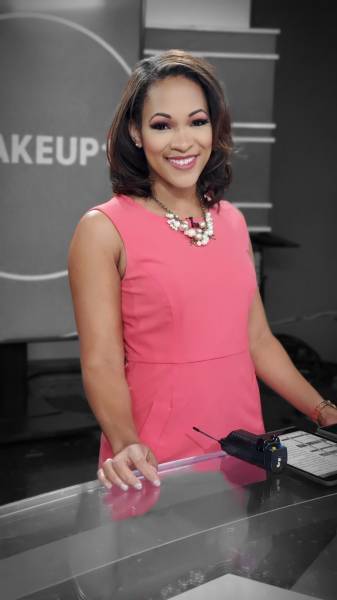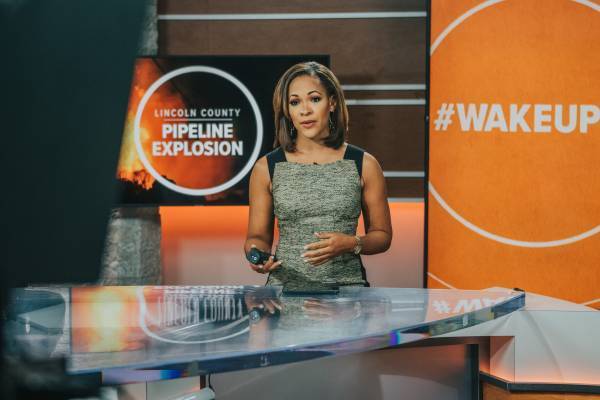 Often when we think of domestic violence, we think of the most extreme cases. Stories on the news that end deadly or terrifying situations portrayed in movies. But domestic violence doesn’t have to be a black eye or fleeing your home in the middle of the night or a visit to the hospital; a lot of times it is physical violence, but it can also involve verbal, emotional, financial and sexual abuse.
Often when we think of domestic violence, we think of the most extreme cases. Stories on the news that end deadly or terrifying situations portrayed in movies. But domestic violence doesn’t have to be a black eye or fleeing your home in the middle of the night or a visit to the hospital; a lot of times it is physical violence, but it can also involve verbal, emotional, financial and sexual abuse.
I was in an abusive relationship for about 2 years. My situation started off very normal; I met him in college, and we were friends for at least two years before we started dating. I thought I knew him.
Initially, he was charismatic, caring, attentive and a little jealous. At the time, I thought a little jealousy was healthy. He and I got along great in the beginning; things started out as a friendship, so it was easy at first but after a few months of dating there was a shift. I don’t remember what the first real argument was, but I do remember the first time he put his hands on me. We were arguing and he pushed me into the wall. I was shocked and confused. I knew that wasn’t normal or right, but it wasn’t what I thought of when I thought of abusive relationships. To be honest, a part of me was in denial that I could be in this type of situation.
I was and things escalated quickly.
That initial push was followed by more pushing and name calling. We lived together at the time and one day while I was sleep, he walked in the door mad and pulled me off the bed by my feet. When I hit the floor, he got on top of me, held down my arms, yelled at me and spit in my face.
After an abusive situation like this, things would get much better and I would think, or at least hope, it would stay like that. It never did. Instead it became a cycle of violence. It was a phase of good times and very horrible times.
During one of the good phases, he proposed. Even as a fiancé, things didn’t get better.
With this new title, he slapped me in front of my nephew, threatened to punch me, threatened to kill me and tried to rape me twice, one time chasing me around the apartment ripping off my clothes. He would grab my arms so tight that he left bruises on my skin. The threats, intimidation and attempts to control me were constant.
I was extremely embarrassed and ashamed. I couldn’t believe this was happening to me.
Eventually, I started going to counseling. My counselor was crucial in helping me build my self-esteem and confidence back up. It felt good to let someone in and let all the pain out; I no longer had to harbor this secret.
After I was out of that relationship, I realized how much I didn’t share with my family. It’s normal to share happy moments with the people you love, but there was a time when I didn’t share anything because there were no happy moments to talk about.
It was only after my own experience that I realized, unfortunately, how prevalent domestic violence is. According to the National Domestic Violence Hotline, 1 in 4 women and 1 in 6 men have been the victim of physical violence by an intimate partner in their lifetime. That is someone that we all know whether they’ve shared their story with you or not. This is the sad reality that we don’t talk about.
We openly discuss so many painful topics like disease, death and gun violence. We need to talk about domestic violence more and get survivors and victims the help they need to leave an abusive situation and never enter another one again.

A difference in my situation and the situations of so many others is that I had a strong support system that helped me through it. There are so many people that don’t and that’s why organizations like The Center for Women and Families are so crucial. There are a lot of resources available to get assistance legally, emotionally and financially. The Center meets people where they are, helps to end the cycle of violence and plays a vital role in the road to recovery.
I share my story because I want to bring attention to some of the red flags of an abusive relationship in hopes of changing and, possibly, saving lives.
To survivors and victims, you are not alone. You’ll never be alone. There are others like me and organizations like The Center for Women and Families ready and willing to help.







